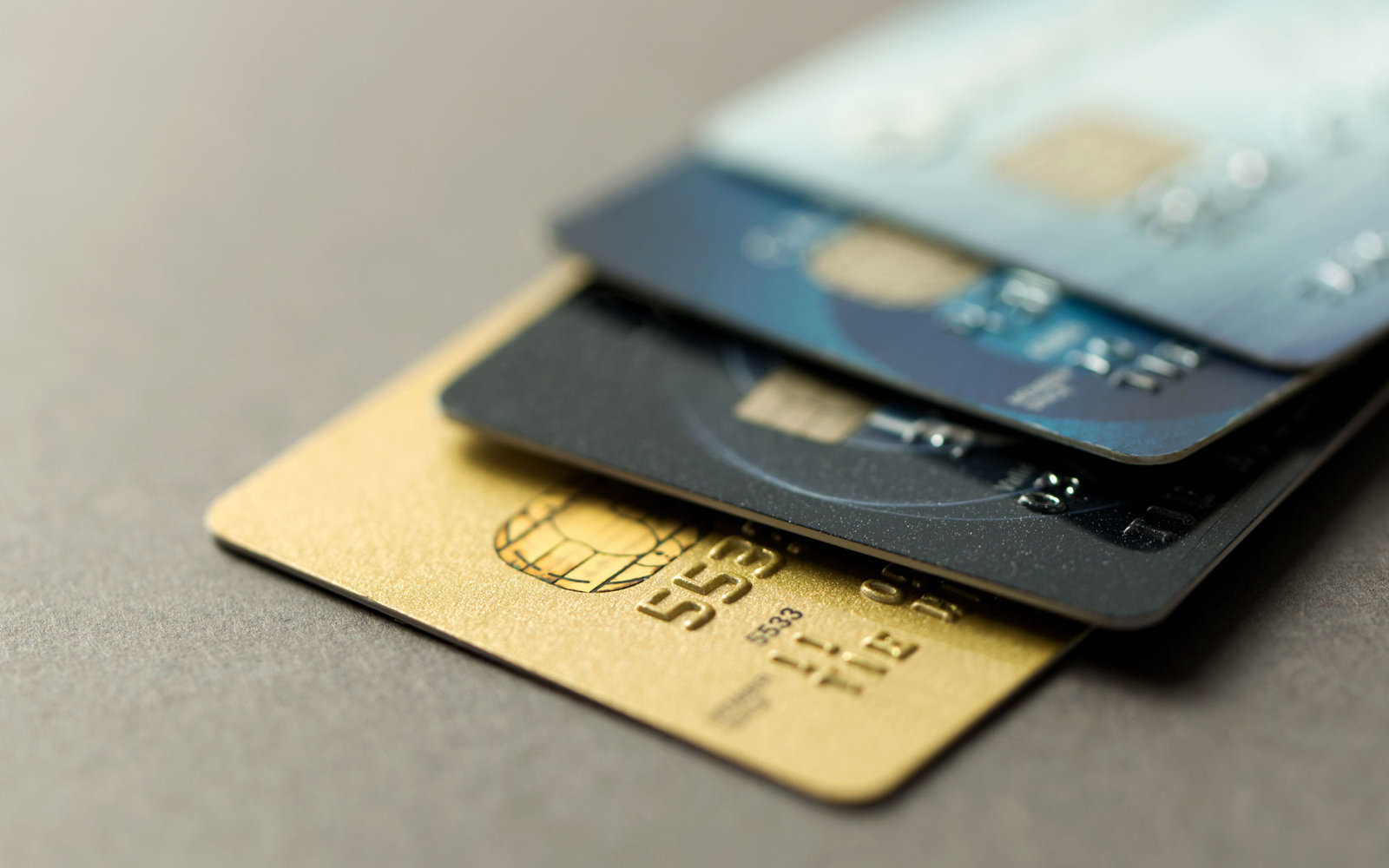6 Tips to Stay on Top of Your Finances in Your Early 20s

 Whether you are young, old or even the most experienced spender, credit cards can be incredibly dangerous. Once eligible to receive a credit card, consumers are targeted by companies with promotions that seem beneficial, but in turn can lead to some big financial trouble down the line. Just yesterday I received an email for a Wells Fargo Credit Card that would give me a $200 reward bonus after spending $1000 in purchases in my first 3 months of having the card. While it may sound enticing to receive a $200 “reward” after spending $1000, this kind of targeted ad to young woman in her early 20s, encourages a spending habit that I most definitely cannot afford.
Whether you are young, old or even the most experienced spender, credit cards can be incredibly dangerous. Once eligible to receive a credit card, consumers are targeted by companies with promotions that seem beneficial, but in turn can lead to some big financial trouble down the line. Just yesterday I received an email for a Wells Fargo Credit Card that would give me a $200 reward bonus after spending $1000 in purchases in my first 3 months of having the card. While it may sound enticing to receive a $200 “reward” after spending $1000, this kind of targeted ad to young woman in her early 20s, encourages a spending habit that I most definitely cannot afford.
Without tracking your spending expenses can add up and payments can become more and more difficult to make. Many people, like myself, are young and inexperienced in managing their finances, so here are a few tips I’ve found on staying top of your finances in your early 20s.
1) Track your spending with applications like Mint
By simply entering in your credit or debit card information into Mint, it can help you track where and what you are spending your hard earned money on. Mint has a feature that categorizes your purchases into food, shopping, entertainment etc. The application can even categorize how much money you are spending on eating out rather than grocery shopping. Mint makes it easy to see how much you are spending month to month and allows you to recognize areas in which you should change your spending habits.
2) Save 5-10% of your paycheck in a savings account
You never know when a crisis can hit your life. Whether your refrigerator stops working or you need to stop into urgent care, it is important to give yourself a financial cushion. People can be tempted to place these large expenses on their credit cards, but having money saved in the bank will allow you to pay off those expenses fast.
3) Pay off your credit card every month and avoid those interest rates
There is no better way to avoid debt than by paying small debts off right away. $20 may seem small at first, but a couple more $20 payments can add up to a debt that is much scarier to pay later on, especially with credit cards that have high interest rates.
4) Limit yourself to only a couple credit cards
I know that the Amazon credit card gives you $50 for free, the Delta credit card gives you free miles and the Victoria Secret credit card gives you special rewards, but limit yourself to only a few credit cards. It is much harder to track your spending when it comes to multiple credit cards. Expenses may seem small on many credit cards, but add that all together and you may owe a lot that you cannot pay back.
5) Avoid making large purchases on a card when you don’t have near enough cash to pay it off quickly
I know the new iPhone or Apple TV are exciting purchases to have, but if it’s going to take you a year to pay that puppy off, DON’T buy it. Buy it when you have enough money to pay it off entirely.
6) Think about the future!
We live in a society that encourages consumers to always have the next new thing. Be very cautious with this, especially when you are young and are likely working paycheck to paycheck. The best way to avoid financial anxiety and the temptations of credit cards is to limit your spending and save for the future.




